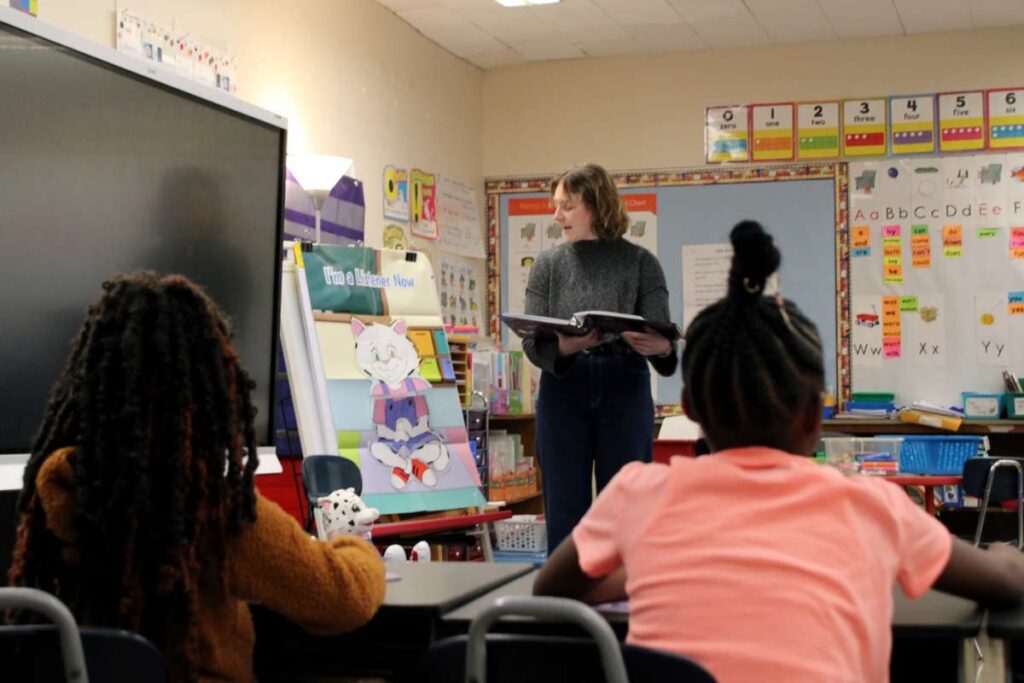Improved Performance Scores Offer Hope Post-Pandemic
Recent test scores reveal progress for Missouri Schools districts and charter schools, with fewer institutions at risk of losing accreditation. However, the latest data, derived from the Missouri School Improvement Program’s sixth iteration (MSIP6), will not immediately affect accreditation status.
According to the Missouri Department of Elementary and Secondary Education (DESE), 343 districts and charter schools showed improved scores compared to their average performance over the last two years. Still, 71 districts fell within the provisionally accredited range, while four charter schools scored below the 50% threshold, marking the unaccredited range.
Commissioner of Education Karla Eslinger highlighted the significance of the upward trend during a press conference, stating, “We’re starting to see the fruits of our labor… making progress after the declines we observed during the pandemic.” MSIP6, introduced in 2022, is designed to provide a more rigorous and descriptive assessment of school performance than earlier versions.
Composite Scores Delay Immediate Accreditation Changes
While MSIP6 provides insights into student performance and district improvement efforts, accreditation decisions will be based on three-year composite scores rather than annual results. The earliest potential impact on accreditation status is slated for 2026. Lisa Sireno, assistant commissioner of DESE’s Office of Quality Schools, explained that composite scores offer greater stability by accounting for data over multiple years, making them less prone to year-to-year fluctuations.
Smaller districts benefit from this approach, as composite scores mitigate the impact of volatile annual data. Meanwhile, the Success Ready Students Network—a consortium of districts exploring alternative accountability measures—is piloting dashboards to showcase real-time student progress. Craig Carson, assistant superintendent of the Ozark School District, emphasized the importance of these tools, saying they provide a clearer picture of student growth and classroom-level progress.
Carson and other educators envision MSIP7 evolving to integrate competency-based education and real-world learning opportunities, building on the groundwork laid by initiatives like the Success Ready Students Network.
Teacher Shortages Pose Persistent Challenges
Despite improved scores, Missouri schools face ongoing struggles with teacher shortages, which disproportionately affect poorer, urban schools. In 2024, 37% of first-year educators were inappropriately certified for their assigned courses, and over 10% of courses statewide were taught by inadequately trained instructors. Eslinger acknowledged the critical role of teacher recruitment and retention in maintaining and improving performance, noting that staffing gaps complicate efforts to boost student outcomes.
Maplewood Richmond Heights School District Superintendent Bonita Jamison pointed to community-wide accountability as a key driver of success. Her district, which achieved one of the highest scores this year, owes its results to collaborative efforts, including innovative approaches like attendance monitoring by non-teaching staff. However, she emphasized that test scores alone provide a limited view, stating, “There are profound stories of impact not reflected in those numbers.”
As Missouri schools navigate the path forward, balancing innovative accountability methods with addressing systemic teacher shortages will be crucial to sustaining progress and preparing students for long-term success.

